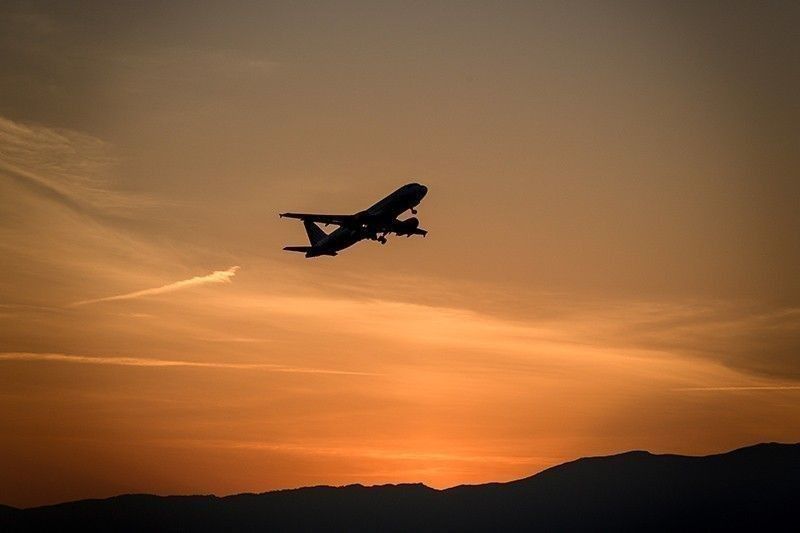AsPac lags in restoring international travel

MANILA, Philippines — Asia-Pacific lags behind other regions in restoring international travel, posing problems in the recovery of airlines that rely heavily on the international market, according to aviation think tank CAPA-Center for Aviation.
CAPA in its latest analysis said international capacity in the Asia-Pacific region has not recovered to a significant degree, as governments have been slow to ease border and quarantine restrictions.
“On the international front, Asia-Pacific governments have generally been more reluctant to reopen borders than those in regions, such as Europe and North America. This has made it very difficult for Asian airlines that rely heavily on international and connecting traffic to gain much recovery momentum,” it said.
Domestic markets, on the other hand, remain a bright spot for airlines that have strong home networks, given that most of restrictions on internal travel have now been eased.
CAPA said domestic recoveries in many markets in the region have been impressive, particularly in the last quarter of the year.
This indicates that demand can bounce back when given the opportunity, according to the aviation think tank.
“This is helpful to some airlines, but they need much more, as international networks are particularly important to Asia-Pacific airlines,” it said.
“There have been promising signs since the Delta variant of the coronavirus subsided, with some governments starting to allow more international travel. Reaching high vaccination rates has given them a greater degree of confidence that their medical system will not be overwhelmed,” CAPA said.
CAPA said it is time that more governments ease the restrictions that are holding back a broader travel resumption. But even if they do, it would take a long time before international capacity and demand are fully restored, CAPA said.
“While domestic capacity has surged back in many Asia-Pacific markets since the delta variant of COVID-19 subsided, the international rebound is far slower to emerge in this region than in others around the world,” CAPA said.
CAPA said any optimism must be tempered by the potential of the new Omicron variant to cause disruptions.
“And the big question now is to what extent the Omicron variant will stall progress and make governments even more cautious about reopening,” it said.
“Once again, the Asia-Pacific airline industry finds itself at a key crossroads in its recovery journey,” CAPA said.
CAPA earlier said recent experiences with the Delta variant demonstrated what sort of damage a new variant could cause to a country’s population and travel industry.
It said further adjustments in the border settings of many Asia-Pacific countries due to the emergence of the new COVID-19 variant could derail promising signs of recovery in the airline and travel industries.
- Latest
- Trending
























